The Grouper Catfish is a predatory fish that requires clean, well-balanced freshwater conditions to thrive in an aquarium. It is not picky about water chemistry parameters such as pH or hardness, but extremes should be avoided.
While they can eat fish half their size or even larger, they may be injured if they try to swallow something too large. They are fascinating to watch as they devour their prey, but if you’re not comfortable feeding live fish to your aquarium pet, they may not be the best choice for you.
Overall, Gulper Catfish are relatively easy to care for and make an interesting addition to your aquatic tank.
Table of Contents
Tank Setup
Setting up a tank for Grouper Catfish in Austin, Texas? Learn tips on care, feeding, tank mates, and more for these fascinating predatory fish. Enjoy watching them devour their prey and create a nocturnal addition to your aquarium with these Gulper Catfish.
Keep the water clean and well-balanced for their healthy growth.
When it comes to setting up a tank for your Gulper Catfish, there are a few key factors to consider. The tank mates, tank size, and overall setup are all important aspects to ensure the well-being of your catfish.
Tank Mates:
- Choose tank mates that are similar in size to your Gulper Catfish to avoid any predation incidents.
- Compatible tank mates include larger species of fish like Oscars, Jack Dempseys, or other catfish species.
- Avoid placing smaller fish or slow-moving species in the same tank as Gulper Catfish, as they may become prey.
Tank Size:
- Provide a spacious tank to accommodate the size and activity level of your Gulper Catfish.
- A minimum tank size of 75 gallons is recommended for a single adult Gulper Catfish.
- Consider upgrading to a larger tank if you plan on keeping multiple Gulper Catfish.
Creating a suitable tank setup is crucial to ensuring the optimal health and well-being of your Gulper Catfish. By carefully selecting compatible tank mates and providing a spacious tank, you can create a harmonious aquatic environment for your catfish to thrive in.
Care And Maintenance
The care and maintenance of Grouper Catfish is relatively easy as they are not picky about water chemistry. They are fascinating to watch as they devour their prey, but it should be noted that they can only handle swallowing fish up to half their size to avoid injury.
Grouper Catfish
Water Parameters:
- Gulper catfish are not picky about water chemistry parameters such as pH, hardness, or salinity.
- Clean, well-balanced freshwater is all they need to stay healthy in aquariums.
- However, it is important to avoid extremes in pH and hardness to ensure their well-being.
Feeding:
- Gulper catfish are predatory fish and have a unique feeding behavior.
- They devour or gulp down their prey, which can be fascinating to observe.
- If you prefer not to feed live fish to your aquarium pet, then Gulper catfish may not be the best choice for you.
- However, if you are looking to add a nocturnal addition to your tank, Gulper catfish can be an intriguing option.
Cleaning:
- Regular cleaning is essential to maintain a healthy environment for your Gulper catfish.
- Perform regular water changes to keep the water clean and free from any harmful substances.
- Use a gravel vacuum to remove any debris or waste from the bottom of the tank.
- Keep an eye out for any signs of illness or disease and take appropriate action if necessary.
Remember, providing proper care and maintenance is crucial for the well-being of your Gulper catfish. By ensuring the right water parameters, feeding them accordingly, and maintaining a clean environment, you can enjoy the beauty and uniqueness of these amazing fish.
Lifespan And Breeding
The Grouper Catfish has a moderate lifespan and can live for several years with proper care. Breeding these catfish can be challenging, but with the right conditions and knowledge, it is possible to successfully breed them.
Grouper Catfish:
Grouper catfish, also known as gulper catfish or Asterophysus batrachus, are fascinating creatures that can make a unique addition to your aquarium. In this section, we will explore their lifespans and breeding habits.
Lifespan:
- Grouper catfish have a relatively long lifespan compared to other fish species, typically living for 8 to 10 years.
- With proper care and a suitable environment, some individuals have been known to live up to 15 years.
- Factors such as water quality, diet, and stress levels can affect their lifespan, so it’s important to provide them with optimal conditions.
Breeding:
- Breeding grouper catfish can be a challenging task, as they have specific requirements during the breeding process.
- These catfish are known to be mouthbrooders, which means that the female will carry the fertilized eggs in her mouth until they hatch.
- To encourage breeding, create a separate breeding tank with appropriate hiding spots, such as caves or PVC pipes, where the female can lay her eggs.
- Keep the water parameters stable, maintaining a temperature around 77-82°F (25-28°C) and a pH level between 6.0 and 7.0.
- Ensure that the breeding tank has soft, slightly acidic water to mimic their natural habitat.
- Introduce a compatible male and female in the breeding tank and provide them with a protein-rich diet to enhance their reproductive health.
- The male will initiate the breeding process by performing courtship rituals and attempting to entice the female into a spawning site.
- Once the female lays her eggs, the male will fertilize them, and the female will scoop them up into her mouth for protection.
- Approximately after 7 to 10 days, the eggs will hatch, and the female will release the fry from her mouth.
- Move the fry to a separate rearing tank with appropriate food and care to ensure their survival.
Breeding grouper catfish can be a rewarding experience, although it requires careful consideration and attention to detail. By providing the right conditions and maintaining the necessary parameters, you can increase the likelihood of successful breeding and enjoy the beauty of raising these unique fish.

Credit: m.youtube.com
Frequently Asked Questions For Grouper Catfish
What Is A Gulper Catfish?
A gulper catfish is a predatory fish that can easily eat fish half its size or even larger. It is not picky about water conditions and makes for an interesting addition to an aquarium.
Are Gulper Catfish Hard To Take Care Of?
Gulper catfish are not hard to take care of. They are not picky about water parameters and only need clean, well-balanced fresh water. They can eat fish half their size but should not be fed more than they can handle.
They are fascinating to watch and make a great nocturnal addition to your tank.
Are Gulper Catfish Good Pets?
Gulper catfish make fascinating pets, as they are predatory fish that gulp down their prey. They are not picky about water chemistry and are easy to care for in aquariums. However, they may not be suitable if you prefer not to feed live fish to your pet.
How Much Can A Gulper Catfish Eat?
A gulper catfish can eat fish half its size and some claim it can even eat fish twice its size. However, it’s important not to overfeed as it can harm the catfish.
Conclusion
Grouper Catfish, also known as the Gulper Catfish or Ogre Catfish, is a fascinating addition to any aquarium. These predatory fish are not picky about water chemistry parameters and only require clean, well-balanced freshwater to stay healthy. They have a unique ability to stretch their belly skin, allowing them to eat fish half or even twice their size.
However, it’s important to note that they can be injured or killed if they attempt to swallow more than they can handle. Despite their predatory nature, watching them devour their prey can be a captivating sight. If you’re looking for a nocturnal and intriguing fish for your tank, Grouper Catfish would be an excellent choice.
However, if you’re not comfortable feeding live fish to your aquarium pet, they may not be the best option for you. Overall, Grouper Catfish are easy to care for and make an interesting addition to any aquarium.
I am a passionate aquarist with over 30 years of hands-on experience in fishkeeping. My journey began at a young age, collecting fish from the wild and learning through experimentation. Specializing in tropical fish, I bring a deep understanding of the hobby to FishKeepingMadeSimple. The site provides honest, detailed reviews of essential products and accessories to help fellow enthusiasts create the best environments for their fish.

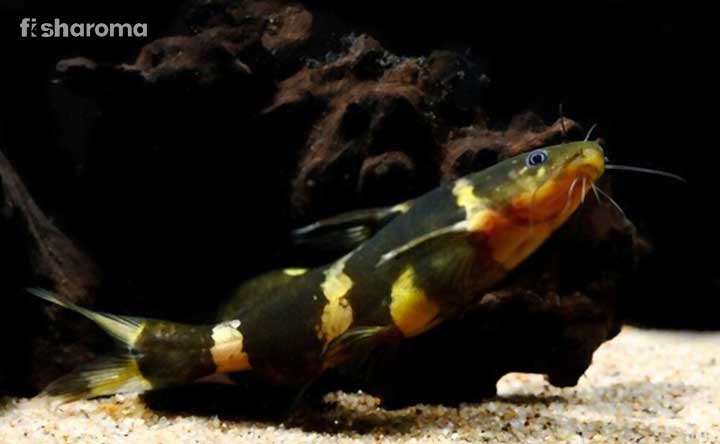
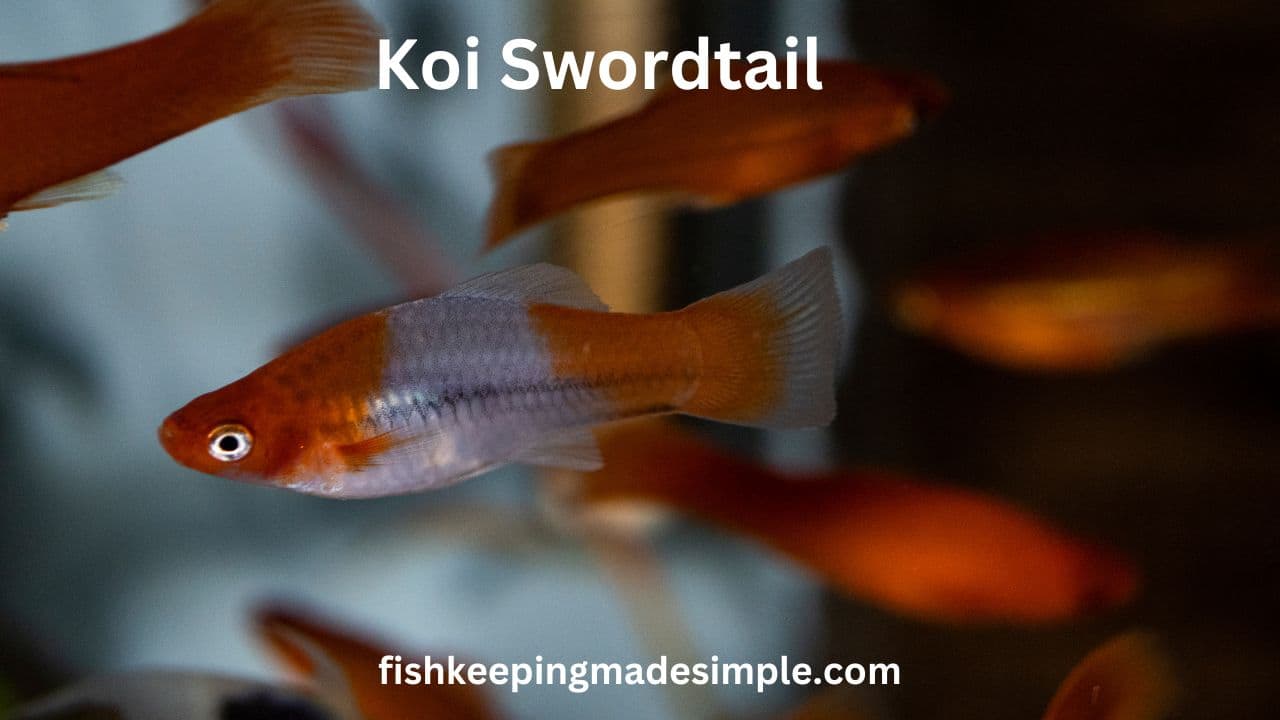

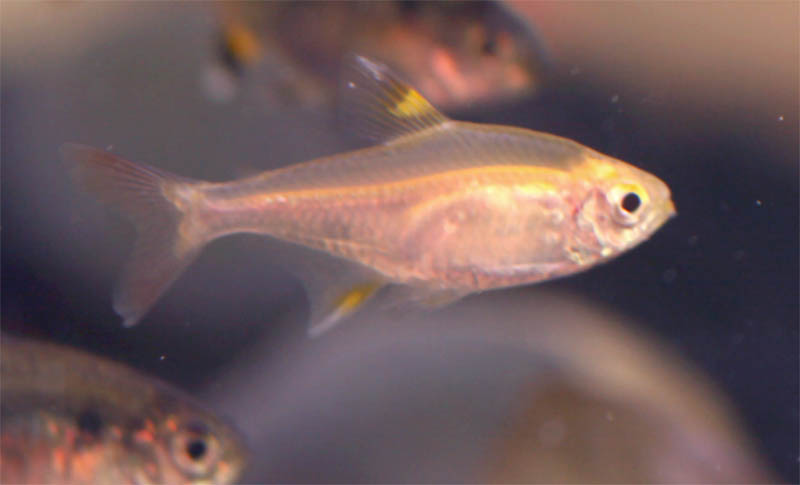
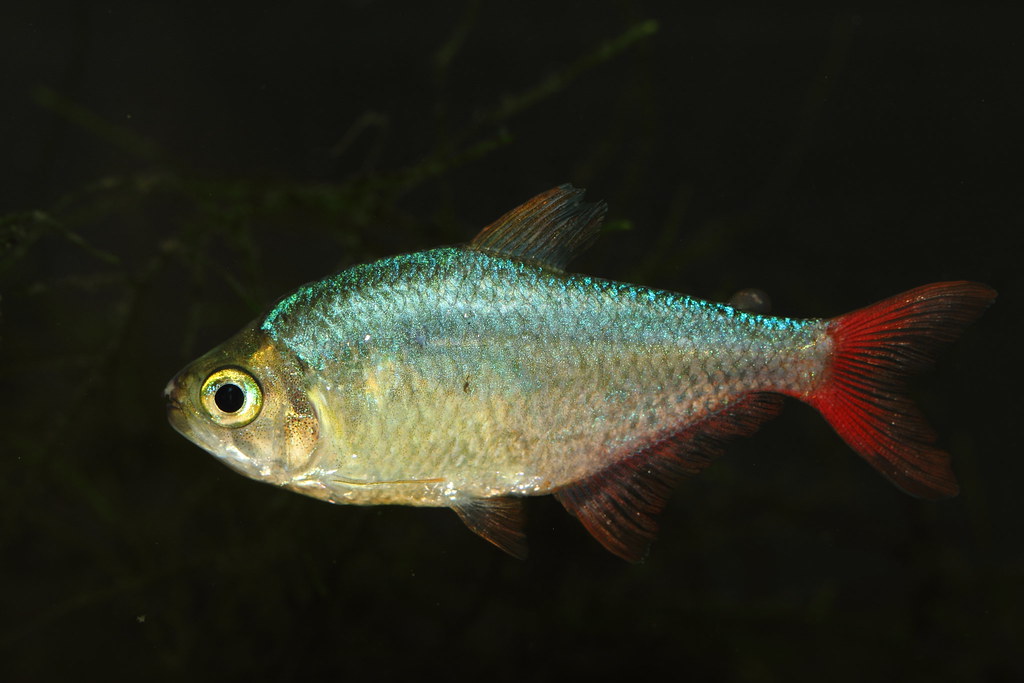
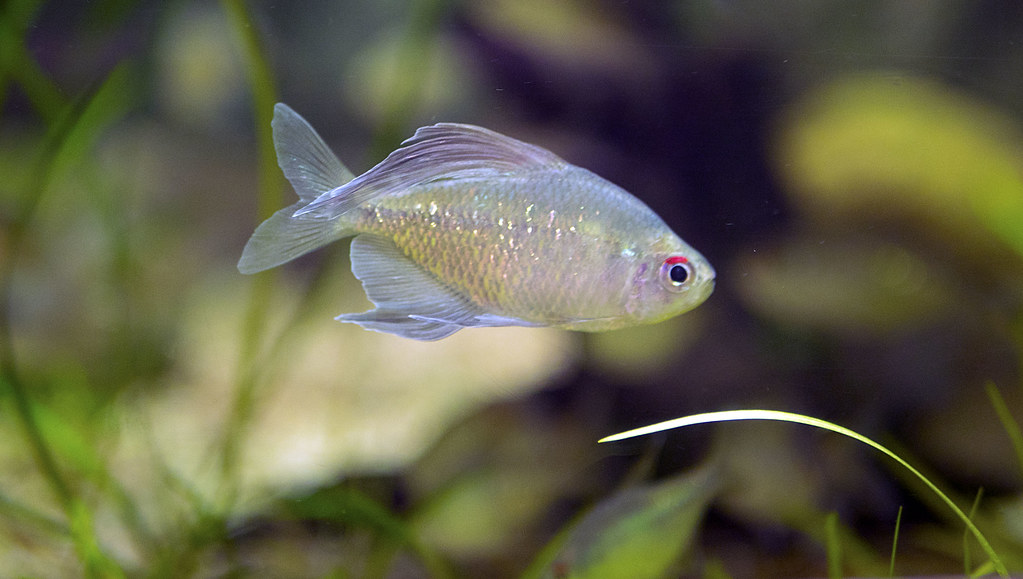
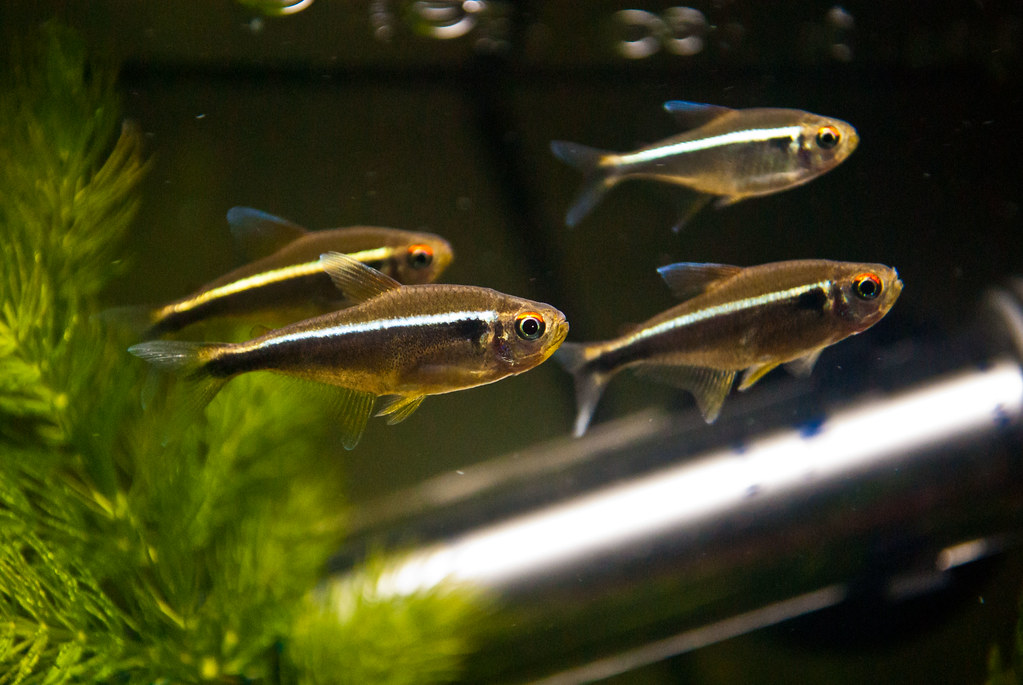
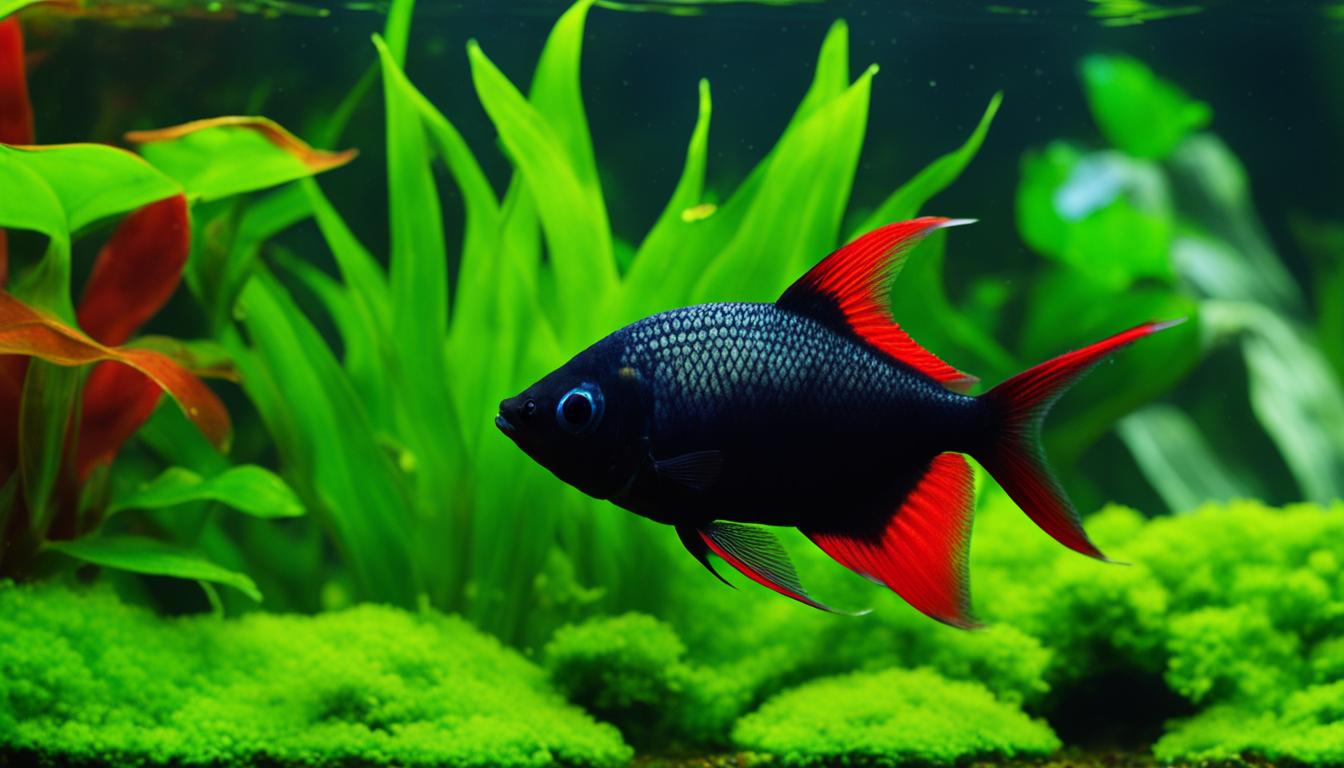

[…] Plecos, a type of catfish, come in various species with distinct characteristics. They are commonly known for their […]